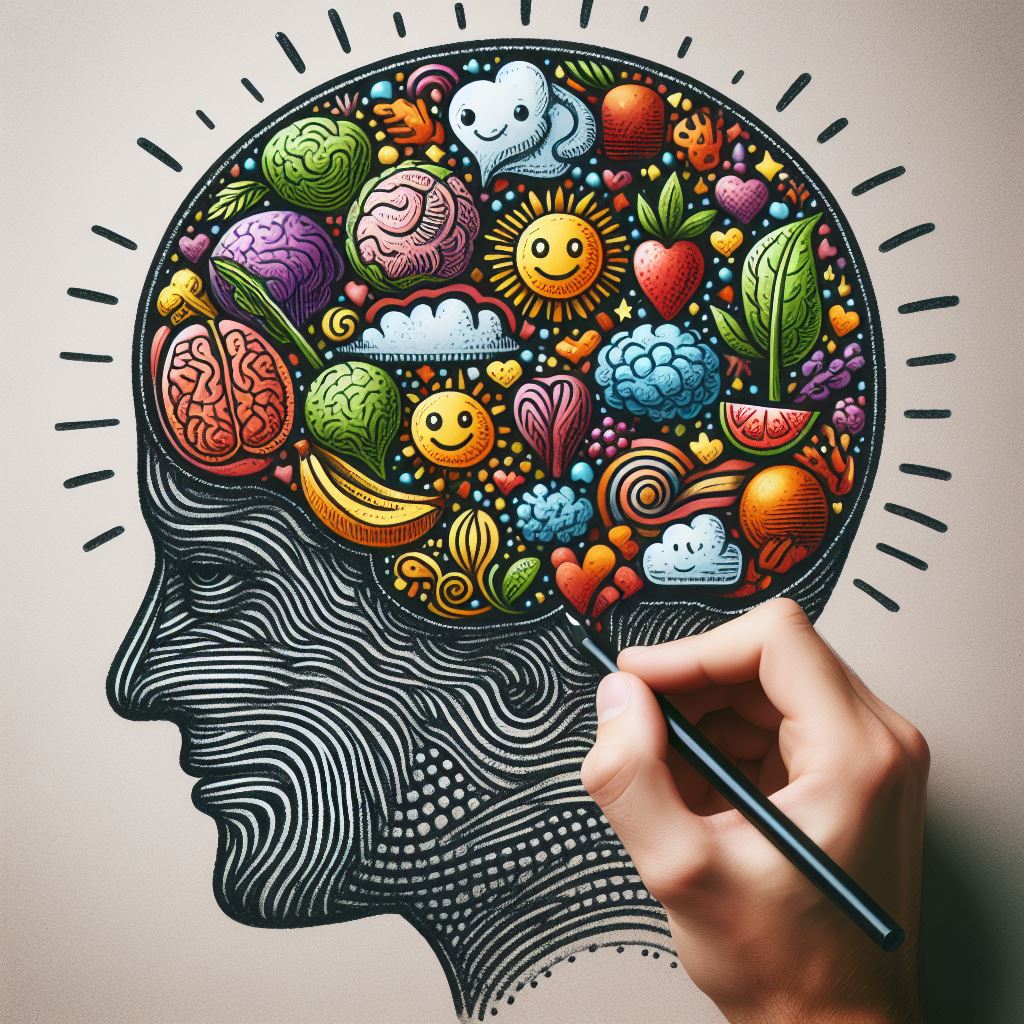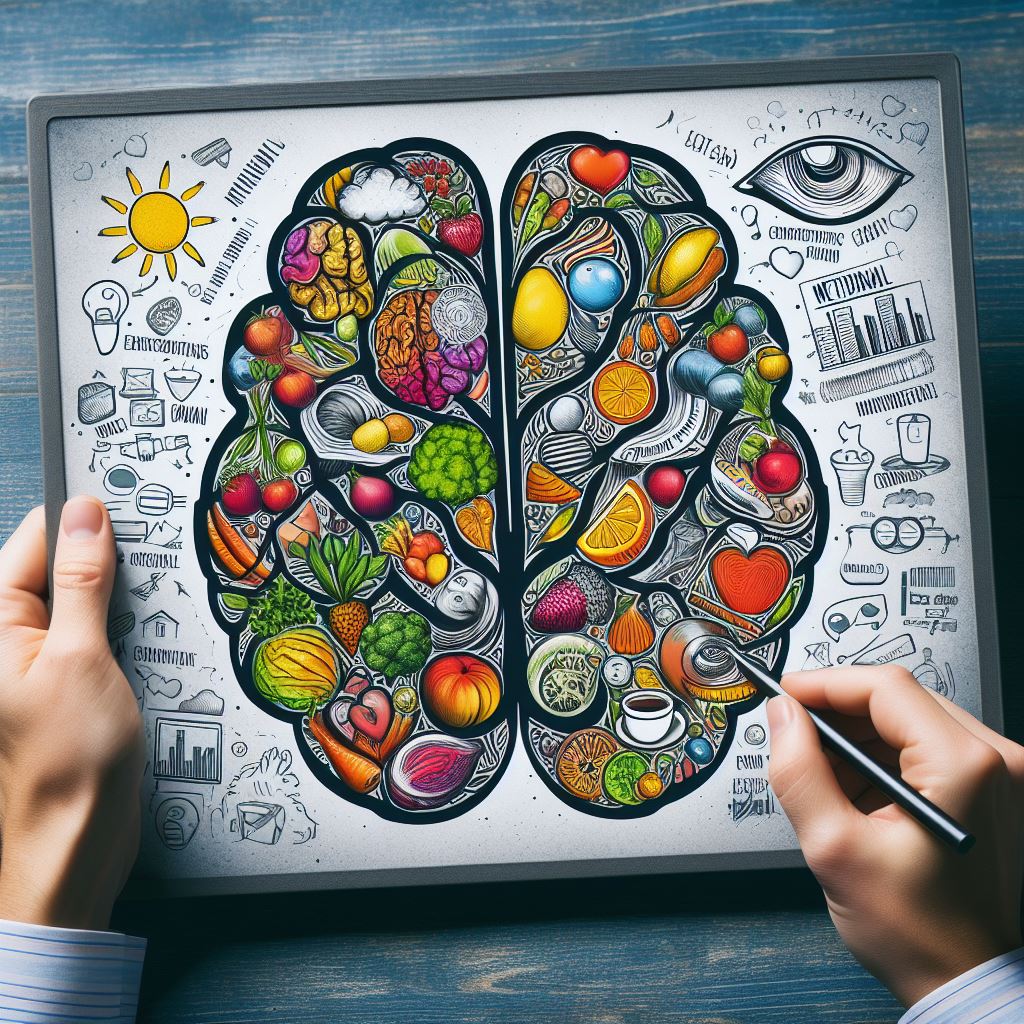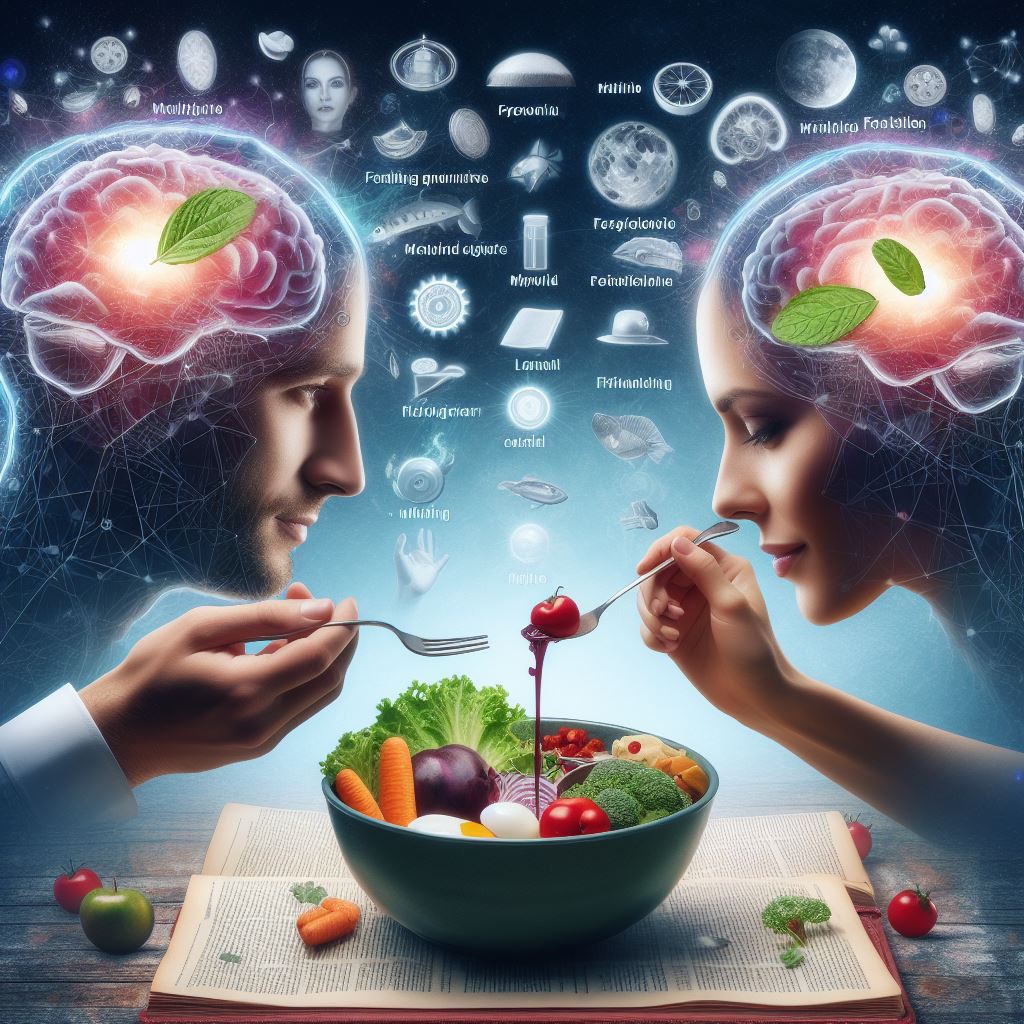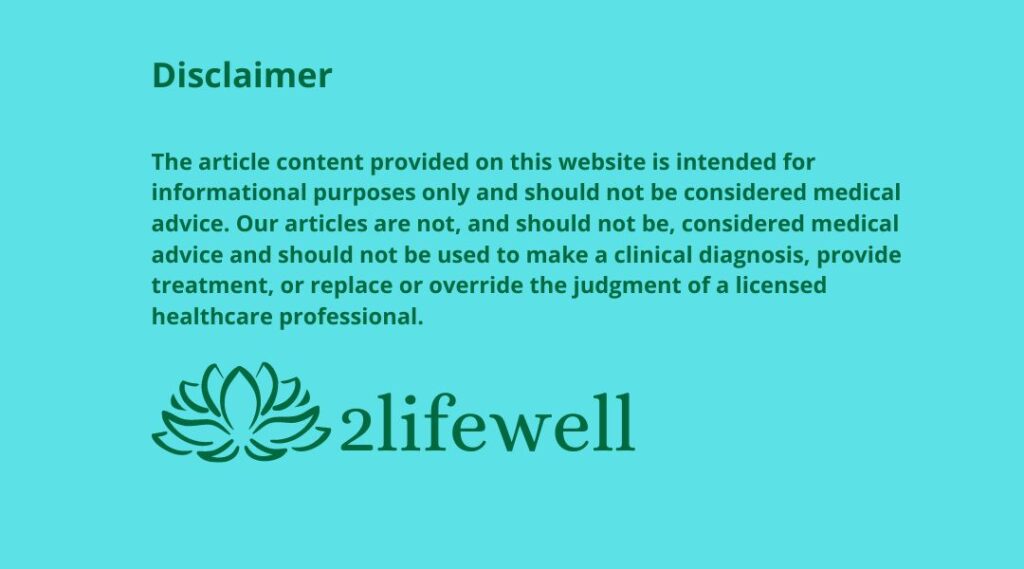Nourishing Your Mind for Fulfillment
In our fast-paced world, we often focus on nourishing our bodies with healthy food and exercise, but what about our minds? Mental nutrition, the fuel for our psychological well-being, is just as vital for achieving fulfillment and balance in our lives. In this article, we’ll explore the concept of mental nutrition and uncover practical strategies to feed your mind for optimal mental health and happiness.
Understanding Mental Nutrition
Mental nutrition goes beyond just feeding our brains; it encompasses the holistic care and nourishment of our mental and emotional selves. Just as a diverse diet supports physical health, a varied “diet” of mental nutrients supports cognitive function, emotional resilience, and overall psychological well-being.
Imagine mental nutrition as a buffet of positive social interactions, stimulating intellectual pursuits, restful sleep, and stress-reducing activities—all essential for maintaining a healthy mind. By incorporating these mental nutrients into our daily lives, we can cultivate greater clarity, resilience, and fulfillment.
The Importance of Mind-Body Connection
The mind and body are intricately connected, and what affects one inevitably impacts the other. Practices that promote mind-body harmony, such as yoga, tai chi, and mindfulness meditation, have been shown to reduce stress, enhance mood, and improve overall well-being.
By nurturing the mind-body connection, we can tap into our body’s innate wisdom, cultivate greater self-awareness, and foster a deeper sense of inner peace. This interconnected approach to well-being allows us to harness the power of both mind and body to live a more balanced and fulfilling life.
Nourishing Your Mind: Nutrients for Mental Health

Just as certain foods nourish our bodies, specific nutrients support mental health and cognitive function. Omega-3 fatty acids, found in fatty fish like salmon and walnuts, have been linked to improved mood and cognitive performance. Antioxidants, abundant in colorful fruits and vegetables, help protect brain cells from oxidative stress and inflammation.
Incorporating these nutrient-rich foods into our diet can provide the building blocks our brains need to function optimally, supporting everything from memory and focus to mood regulation and stress resilience.
The Impact of Diet on Mental Well-being

Research suggests that our diet plays a significant role in mental well-being, with certain dietary patterns associated with a higher risk of mood disorders and cognitive decline. Diets high in processed foods, refined sugars, and unhealthy fats have been linked to increased inflammation and oxidative stress in the brain, contributing to symptoms of depression, anxiety, and cognitive impairment.
Conversely, diets rich in whole foods, including fruits, vegetables, whole grains, and lean proteins, provide essential nutrients and antioxidants that support brain health and emotional well-being. By prioritizing a balanced and nutritious diet, we can nourish our minds and support our mental health from the inside out.
Mindful Eating: Cultivating Awareness around Food

Mindful eating is a practice that encourages us to slow down and pay attention to the sensory experience of eating. By savoring each bite, tuning into hunger and fullness cues, and cultivating awareness of our emotions and thoughts around food, we can develop a healthier relationship with eating and enhance our overall well-being.
Practicing mindful eating can help us become more attuned to our body’s needs, reduce overeating and emotional eating, and foster a greater appreciation for the nourishing power of food. By approaching meals with mindfulness and intention, we can transform eating into a mindful and satisfying experience that nourishes both body and soul.
Stress and Emotional Eating: Breaking the Cycle
Many of us turn to food as a source of comfort or distraction when we’re stressed, anxious, or overwhelmed. However, emotional eating often leads to feelings of guilt, shame, and further stress, perpetuating a harmful cycle that can undermine our well-being.
Breaking free from the cycle of emotional eating involves developing alternative coping strategies for managing stress and addressing the underlying emotions that drive our eating behaviors. Techniques such as mindfulness meditation, deep breathing exercises, and engaging in pleasurable activities can help us regulate our emotions and reduce reliance on food for comfort.
Building Healthy Habits for Mental Wellness
Healthy habits are the foundation of mental wellness, providing the structure and support we need to thrive in our daily lives. Regular exercise, adequate sleep, stress management techniques, and self-care practices are all essential components of a balanced and fulfilling lifestyle.
By prioritizing these healthy habits, we can boost our resilience to stress, enhance our mood and energy levels, and improve our overall quality of life. Whether it’s taking a daily walk in nature, practicing yoga, or setting aside time for relaxation and self-reflection, cultivating healthy habits empowers us to live our best lives mentally, emotionally, and physically.
The Role of Sleep in Mental Health
Quality sleep is essential for mental health and well-being, playing a critical role in memory consolidation, emotional regulation, and cognitive function. Chronic sleep deprivation has been linked to an increased risk of mood disorders, anxiety, and impaired decision-making.
Creating a bedtime routine, establishing a consistent sleep schedule, and creating a comfortable sleep environment are all key strategies for promoting restful sleep. By prioritizing sleep as an essential component of our overall well-being, we can support our mental health and optimize our cognitive function for peak performance.
Physical Exercise: A Boost for Brain Health
Regular physical exercise not only strengthens our bodies but also enhances brain health and cognitive function. Exercise increases blood flow to the brain, stimulates the release of neurotransmitters like serotonin and dopamine, and promotes the growth of new brain cells.
Engaging in activities that get our bodies moving, such as walking, jogging, swimming, or dancing, can improve mood, reduce stress, and enhance cognitive performance. By making physical activity a regular part of our routine, we can sharpen our mental faculties, boost our mood, and support overall brain health.
Mindfulness and Meditation: Practices for Mental Nourishment
Mindfulness and meditation are powerful tools for cultivating mental nourishment and emotional resilience. These practices involve cultivating present-moment awareness, non-judgmental acceptance, and self-compassion, helping to reduce stress, enhance emotional regulation, and promote inner peace.
Whether it’s a formal meditation practice, mindful breathing exercises, or integrating mindfulness into daily activities, these practices can have profound effects on our mental well-being. By incorporating mindfulness and meditation into our lives, we can strengthen our mental resilience, cultivate greater happiness and fulfillment, and live with greater ease and authenticity.
Social Connection and Mental Well-being
Social connection is a fundamental human need, essential for mental well-being and emotional resilience. Meaningful relationships provide emotional support, companionship, and a sense of belonging, buffering against stress and adversity.
Research has shown that strong social connections are associated with better mental health, lower levels of stress, and increased longevity. By nurturing our relationships and seeking out opportunities for connection and community, we can enhance our mental well-being and experience greater fulfillment in our lives.
Cultivating Gratitude: The Power of Positive Thinking
Practicing gratitude is a simple yet powerful way to nourish the mind and cultivate a positive outlook on life. By focusing on the things we’re grateful for, we can shift our perspective from scarcity to abundance, reduce negative thinking patterns, and enhance our overall sense of well-being.
Gratitude practices can take many forms, from keeping a gratitude journal to expressing appreciation to others to pausing to savor life’s simple pleasures. By cultivating gratitude as a daily habit, we can rewire our brains for positivity and cultivate a greater sense of joy and fulfillment in our lives.
Managing Negative Thoughts and Emotions
Negative thoughts and emotions are a natural part of the human experience, but they can take a toll on our mental well-being if left unchecked. Learning to manage negative thoughts and emotions involves developing awareness of our thought patterns, challenging negative beliefs, and practicing self-compassion and acceptance.
Techniques such as cognitive-behavioral therapy (CBT), mindfulness-based stress reduction (MBSR), and dialectical behavior therapy (DBT) can help us navigate difficult emotions and cultivate healthier coping strategies. By cultivating emotional resilience and self-awareness, we can navigate life’s challenges with greater ease and grace.
Creativity and Mental Stimulation
Engaging in creative activities and seeking out mental stimulation are essential for maintaining cognitive function and promoting mental well-being. Whether it’s painting, writing, playing music, or solving puzzles, creative pursuits stimulate the brain, foster self-expression, and promote a sense of accomplishment and fulfillment.
Making time for creativity can inspire us, spark our imagination, and cultivate a greater sense of purpose and meaning in our lives. By nurturing our creative instincts and seeking out opportunities for mental stimulation, we can keep our minds sharp, our spirits lifted, and our hearts open to new possibilities.
Balancing Work and Leisure for Mental Wellness
Finding a balance between work and leisure is essential for mental wellness and overall life satisfaction. Prolonged work-related stress and burnout can take a toll on mental health, leading to fatigue, irritability, and decreased productivity.
By prioritizing leisure activities, hobbies, and self-care practices, we can recharge our batteries, reduce stress, and cultivate a greater sense of balance and fulfillment in our lives. Whether it’s spending time with loved ones, pursuing a passion project, or simply taking time to rest and relax, finding a healthy balance between work and leisure is key to sustaining mental well-being.
The Impact of Technology on Mental Health
While technology has many benefits, such as facilitating communication, information access, and entertainment, it also has the potential to negatively impact mental health. Excessive screen time, social media use, and digital overload can contribute to feelings of stress, anxiety, and loneliness.
Practicing mindful consumption of technology and setting boundaries around its use are essential for protecting our mental well-being in the digital age. By prioritizing real-life connections, unplugging regularly, and setting limits on screen time, we can foster greater balance and presence in our lives and protect our mental health in an increasingly digital world.
Nature and Outdoor Activities: Refreshing the Mind
Spending time in nature and engaging in outdoor activities can have profound benefits for mental health and well-being. Nature has a calming effect on the mind, reducing stress levels and promoting feelings of relaxation and connection.
Whether it’s taking a walk in the park, going for a hike, or simply sitting outside and enjoying the scenery, spending time in nature can nourish the mind and lift the spirit. Outdoor activities provide an opportunity to disconnect from the stresses of daily life, reconnect with the natural world, and cultivate a sense of awe and wonder.
Seeking Professional Support: Therapy and Counseling
Sometimes, despite our best efforts, we may find ourselves struggling with mental health issues that require professional support. Therapy and counseling can provide valuable tools and resources for managing stress, coping with difficult emotions, and navigating life’s challenges.
By seeking help from a qualified therapist or counselor, we can gain insight into our thoughts and behaviors, develop healthier coping strategies, and work towards greater mental well-being. Therapy offers a safe and supportive space to explore our emotions, gain clarity, and make positive changes in our lives.
Mindful Consumption: Limiting Media Exposure
In today’s digital age, we are constantly bombarded with information and media content, much of which can be overwhelming and stressful. Practicing mindful consumption involves being intentional about the media we consume and setting boundaries around its use.
By limiting exposure to negative news, social media, and other sources of stress, we can protect our mental well-being and cultivate a more balanced and mindful relationship with technology. Setting aside time for digital detoxes, unplugging before bedtime, and prioritizing real-life connections can help us find greater peace and presence in an increasingly noisy world.
Creating a Personal Mental Wellness Plan
Achieving and maintaining mental wellness requires a personalized approach that considers your unique needs, preferences, and circumstances. By creating a personal mental wellness plan, you can prioritize strategies and practices that nourish your mind, promote resilience, and enhance your overall well-being. Here’s how to develop a comprehensive plan tailored to your individual needs:
- Assess Your Current State: Take some time to reflect on your current mental health and well-being. Consider your stress levels, emotional resilience, and overall satisfaction with life. Identify areas where you’re thriving and areas where you’d like to improve.
- Set Clear Goals: Establish specific, measurable goals for your mental wellness journey. These goals could include reducing stress, improving mood, increasing self-confidence, or cultivating greater resilience. Make sure your goals are realistic and achievable, and break them down into smaller, actionable steps.
- Identify Your Resources: Take stock of the resources and support systems available to you. This may include friends and family members, mental health professionals, community organizations, or online resources. Consider how you can leverage these resources to support your mental wellness goals.
- Develop Healthy Habits: Cultivate daily habits that promote mental well-being. This may include regular exercise, healthy eating, adequate sleep, and stress management techniques such as mindfulness meditation or deep breathing exercises. Incorporate these habits into your daily routine to support your overall mental health.
- Practice Self-Care: Prioritize self-care activities that nourish your mind, body, and spirit. This could include activities such as spending time in nature, practicing hobbies you enjoy, pampering yourself with a relaxing bath or massage, or engaging in creative pursuits. Make self-care a non-negotiable part of your routine to recharge and rejuvenate.
- Build Resilience: Strengthen your resilience by developing coping strategies for dealing with life’s challenges. This may involve reframing negative thoughts, cultivating self-compassion, and seeking support from others when needed. Focus on building your ability to bounce back from setbacks and adapt to change with grace and resilience.
- Seek Professional Support: Don’t hesitate to seek professional help if you’re struggling with your mental health. Therapy, counseling, or psychiatric treatment can provide valuable support and guidance in navigating life’s challenges. Reach out to a qualified mental health professional if you need support in managing stress, coping with difficult emotions, or improving your overall well-being.
- Stay Connected: Foster meaningful connections with others to support your mental wellness. Maintain regular contact with friends and loved ones, participate in social activities, and seek out opportunities for community engagement. Strong social connections provide emotional support, companionship, and a sense of belonging, which are essential for mental well-being.
- Practice Mindfulness: Incorporate mindfulness practices into your daily life to cultivate present-moment awareness and reduce stress. This could include mindfulness meditation, mindful eating, or simply pausing to savor the present moment. Mindfulness can help you develop greater resilience to stress, improve emotional regulation, and enhance overall well-being.
- Review and Adjust: Regularly review your mental wellness plan to assess your progress and make any necessary adjustments. Check in with yourself to see how you’re feeling, whether your strategies are working for you, and if there are any areas where you could use additional support. Be flexible and open to making changes as needed to support your ongoing mental health and well-being.
By following these steps and creating a personalized mental wellness plan, you can take proactive steps to nourish your mind, cultivate resilience, and enhance your overall quality of life. Remember that mental wellness is a journey, and it’s okay to seek support and make adjustments along the way as you work towards achieving your goals.
Books:
- “The Brain Diet: The Connection Between Nutrition, Mental Health, and Intelligence” – Alan C. Logan- https://amzn.to/3XoIZnu
- Logan explores how different nutrients can impact mental health and cognition, promoting a state of fulfillment and mental well-being.
- “The UltraMind Solution: Fix Your Broken Brain by Healing Your Body First” – Mark Hyman- https://amzn.to/3VLyN7x
- Hyman presents an integrative approach to mental health, discussing how nutrition can fuel the mind and improve mental balance.
- “The Food-Mood Connection: Nutritional and Environmental Approaches to Mental Health and Physical Wellbeing” – Gary Null-https://amzn.to/3VtPyCv
- Null explores the relationship between diet and mental health, offering guidance on how food can contribute to mental fulfillment.
- “Eat to Beat Depression and Anxiety: Nourish Your Way to Better Mental Health in Six Weeks” – Drew Ramsey- https://amzn.to/3Xn2ahD
- Ramsey offers an evidence-based eating plan to improve mental health and promote a state of happiness and balance.
- “Brain Maker: The Power of Gut Microbes to Heal and Protect Your Brain–for Life” – David Perlmutter- https://amzn.to/3xt8kSz
- Perlmutter discusses the connection between gut health and mental well-being, showing how proper nutrition can fuel the mind for lasting fulfillment.
Scientific articles:
- “Nutritional psychiatry: Your brain on food” – Selhub (2015)
- This article reviews how different nutrients and diets can impact mental health, promoting a state of well-being and mental fulfillment.
- “The gut-brain axis: the missing link in depression” – Rieder, Wisniewski, Alderman, & Campbell (2017)
- Explores the interconnection between gut and mental health, highlighting the importance of nutrition in maintaining mental balance.
- “Dietary patterns and mental health” – Jacka et al. (2010)
- It analyzes how different eating patterns can influence mental health, contributing to emotional and psychological fulfillment.
- “Omega-3 fatty acids and depression: scientific evidence and biological mechanisms” – Grosso et al. (2014)
- This study examines the role of omega-3 fatty acids in mental health, suggesting how they may promote mental fulfillment.
- “Nutritional medicine as mainstream in psychiatry” – Sarris et al. (2015)
- Discusses the growing evidence for nutrition as an effective intervention in psychiatry, highlighting its importance for mental well-being.
Book Chapters:
- “Nutrition Essentials for Mental Health: A Complete Guide to the Food-Mood Connection” – Chapter on the basics of mental nutrition by Leslie Korn (2016)- https://amzn.to/3z5oORp
- Offers a comprehensive look at how different nutrients can impact mental and emotional health.
- “Integrative Therapies for Depression: Redefining Models for Assessment, Treatment, and Prevention” – Chapter on nutrition and mental health by James Greenblatt and Kelly Brogan (2015)- https://amzn.to/3z6ph61
- Explores how nutrition can be used as an integrative intervention to improve mental health.
- “The Psychobiotic Revolution: Mood, Food, and the New Science of the Gut-Brain Connection” – Capítulo sobre a influência da dieta na saúde mental por Scott Anderson, John F. Cryan, and Ted Dinan (2017)- https://amzn.to/4civU3X
- Discusses the connection between diet, the gut microbiome, and mental health, offering insights into how to fuel the mind for fulfillment.

